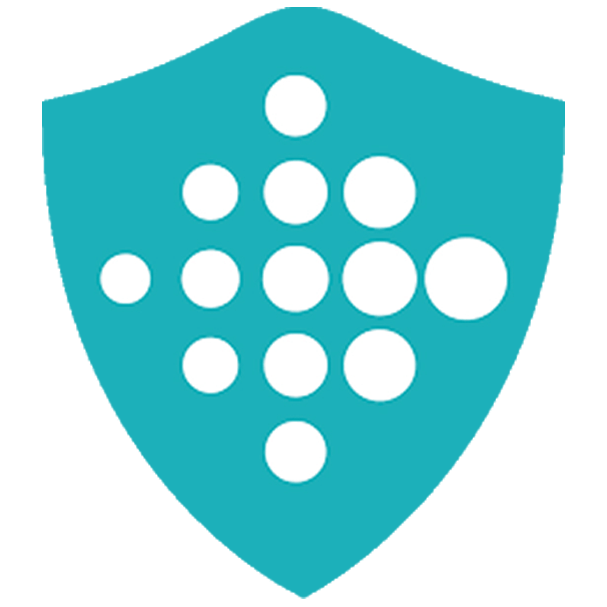Join us on the Community Forums!
-
Community Guidelines
The Fitbit Community is a gathering place for real people who wish to exchange ideas, solutions, tips, techniques, and insight about the Fitbit products and services they love. By joining our Community, you agree to uphold these guidelines, so please take a moment to look them over. -
Learn the Basics
Check out our Frequently Asked Questions page for information on Community features, and tips to make the most of your time here. -
Join the Community!
Join an existing conversation, or start a new thread to ask your question. Creating your account is completely free, and takes about a minute.
Not finding your answer on the Community Forums?
- Community
- Product Help Forums
- Charge 5
- Charge 5 battery died overnight
- Mark Topic as New
- Mark Topic as Read
- Float this Topic for Current User
- Bookmark
- Subscribe
- Mute
- Printer Friendly Page
- Community
- Product Help Forums
- Charge 5
- Charge 5 battery died overnight
Charge 5 battery died overnight
- Mark Topic as New
- Mark Topic as Read
- Float this Topic for Current User
- Bookmark
- Subscribe
- Mute
- Printer Friendly Page
04-18-2024
15:07
- last edited on
10-16-2024
08:12
by
EstuardoFitbit
![]()
- Mark as New
- Bookmark
- Subscribe
- Permalink
- Report this post
04-18-2024
15:07
- last edited on
10-16-2024
08:12
by
EstuardoFitbit
![]()
- Mark as New
- Bookmark
- Subscribe
- Permalink
- Report this post
I've had my Charge 5 for a couple of years now. I regularly keep the battery charged pretty high (plugging it in while I'm at my desk at least once on most days). Yesterday I charged it during the day to at least 80%. This morning I woke up and the battery was completely dead. I haven't changed anything I do with it. Does this mean my device is on its way out? I think it's too young for that.
Moderator Edit: Clarified subject
 Best Answer
Best Answer04-19-2024 07:01
- Mark as New
- Bookmark
- Subscribe
- Permalink
- Report this post
 Community Moderators ensure that conversations are friendly, factual, and on-topic. We're here to answer questions, escalate bugs, and make sure your voice is heard by the larger Fitbit team. Learn more
Community Moderators ensure that conversations are friendly, factual, and on-topic. We're here to answer questions, escalate bugs, and make sure your voice is heard by the larger Fitbit team. Learn more
04-19-2024 07:01
- Mark as New
- Bookmark
- Subscribe
- Permalink
- Report this post
Hi there, @YEM. It's nice to see you around the Fitbit Community Forums. I'm sorry to hear that your Charge 5 has died out of the nowhere. I understand where your concern is coming from. I will do my best to help you with this!
Have you tried restarting your Charge 5? If not yet, please see How do I restart my Fitbit device?
As per the description of your post, it could be a sign the contacts need cleaning. Dust and debris can accumulate over time. Clean the charging contacts on the back of your device and the pins on your charging cable using the instructions in How do I clean my Fitbit device?
Nevertheless, bear in mind that as all rechargeable batteries age, they deteriorate to some extent and an older device will need to be charged more often than a new one. The best way of minimizing this effect is to avoid deep discharges of the battery. To maximize the overall life of your Fitbit device's battery, ideally keep it between 20-80%. Many people find that a daily battery boost works best ( e.g. giving it a 15 minutes charge while you are showering in the morning).
Additionally, please find below some tips to best charge Fitbit devices:
- Use only genuine Fitbit charging cables
- Use only UL-certified wall chargers
- Avoid USB battery packs
- Charge at room temperature
For charging purposes, your charging cable or your base station can be plugged into any USB power source, including but not limited to:
- A computer
- A Wall A/C to USB adapter, commonly found with smartphones
- A DC to USB adapter (vehicle power port)
Was my post helpful? Give it a thumbs up to show your appreciation! Of course, if this was the answer you were looking for, don't forget to make it the Best Answer! Als...
 Best Answer
Best Answer